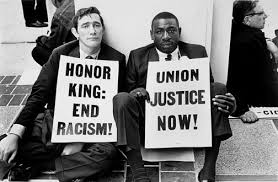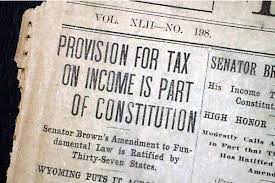The Civil Rights Act of 1968, also known as the Fair Housing Act, was a landmark piece of legislation passed by the United States Congress in the midst of the civil rights movement. Signed into law by President Lyndon B. Johnson on April 11, 1968, the Civil Rights Act of 1968 aimed to address systemic discrimination in housing and provide equal access to housing opportunities for all Americans, regardless of race, color, religion, or national origin. The passage of this historic legislation marked a significant step forward in the ongoing struggle for civil rights and racial equality in the United States.
The Civil Rights Act of 1968 was a direct response to the widespread housing discrimination and segregation that persisted in many parts of the country, particularly in urban areas where African Americans and other minority groups faced barriers to renting or purchasing homes in certain neighborhoods. The legislation sought to combat discriminatory practices such as redlining, steering, blockbusting, and restrictive covenants that limited the housing options available to minority individuals and perpetuated racial segregation and inequality.
One of the key provisions of the Civil Rights Act of 1968 was the prohibition of discrimination in the sale, rental, and financing of housing based on race, color, religion, or national origin. The law made it illegal for landlords, real estate agents, mortgage lenders, and other housing providers to deny housing opportunities to individuals on the basis of their protected characteristics. This landmark legislation aimed to ensure that all Americans had equal access to housing and could live in communities of their choice without fear of discrimination or retaliation.
In addition to prohibiting housing discrimination, the Civil Rights Act of 1968 also established the Office of Fair Housing and Equal Opportunity within the Department of Housing and Urban Development (HUD) to enforce the provisions of the law and investigate complaints of housing discrimination. The creation of this office signaled the government's commitment to upholding the principles of fair housing and ensuring that the rights of all individuals were protected under the law.
The passage of the Civil Rights Act of 1968 was a hard-fought victory for civil rights activists, community organizers, and lawmakers who had long advocated for an end to housing discrimination and segregation in the United States. The legislation built upon the legacy of the Civil Rights Act of 1964 and the Voting Rights Act of 1965, expanding the scope of federal civil rights protections to include the realm of housing and urban development.
The impact of the Civil Rights Act of 1968 was far-reaching, as it helped to dismantle institutional barriers to fair housing and promote greater diversity and inclusion in communities across the country. By outlawing discriminatory practices and promoting equal access to housing opportunities, the law paved the way for greater social and economic mobility for minority individuals and families, empowering them to pursue the American Dream and build a better future for themselves and their children.






